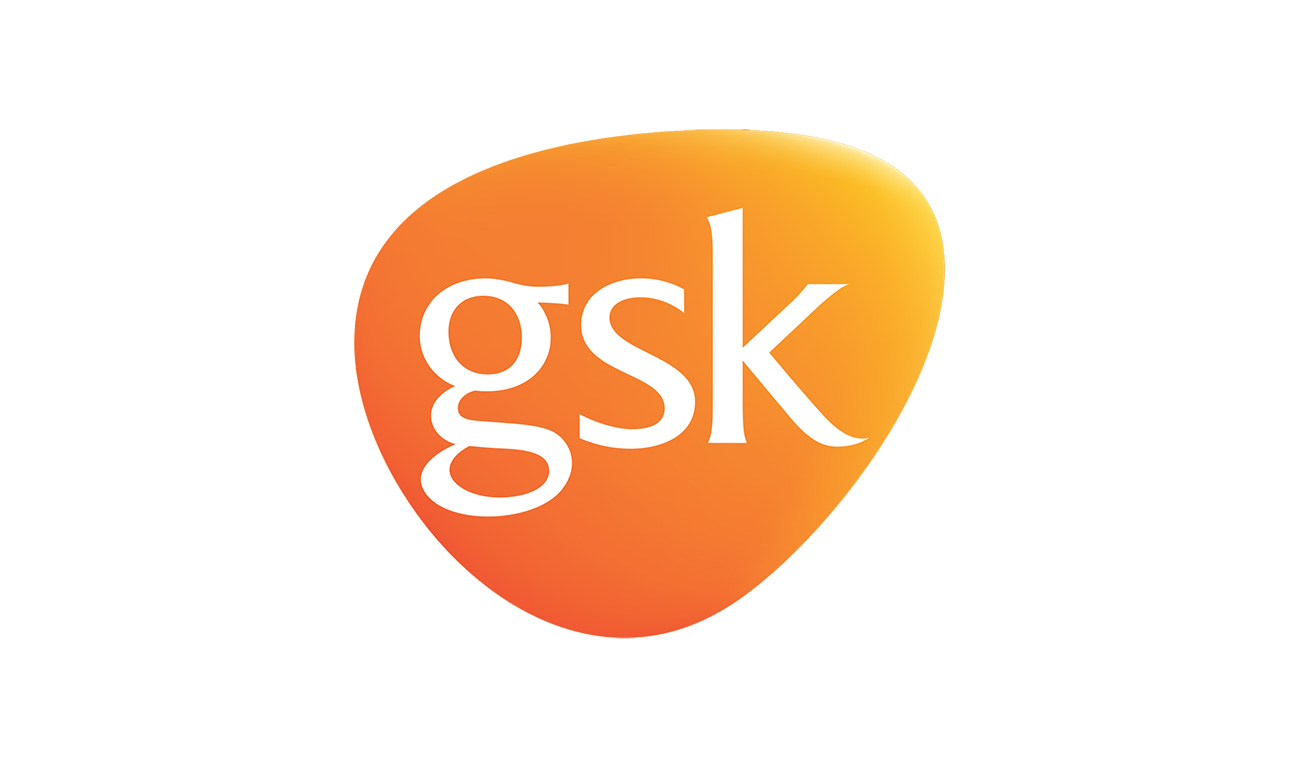The Formula for a Sustainable Business

By Jon Pender, Vice President, Government Affairs at GSK
Last week I joined Chatham House at their Responsible Business Conference, alongside representatives from across the public, private and NGO sectors, including Vodafone, Nestle, the UN Global Compact and the UK Minister for Corporate Responsibility.
Together we considered a broad range of questions, starting with: How do you incentivise more businesses to operate more responsibly?
From my perspective, I believe there is no tension between being a responsible company and a successful one and that when responsible business is done well – that is when it is truly innovative, integrated and collaborative – it no longer needs to be incentivised. Instead responsible business is embraced as fundamental to the long-term success of both business and society. I have seen this happen at GSK and other companies and believe that it will, and must, increasingly become the norm.
Business today is operating in a complex and unpredictable context, in which public trust in institutions, particularly in business, is low. Despite trust being low, expectations are high. Business is increasingly expected to deliver value that extends beyond short-term profit and to ensure that growth benefits the many, not just the few. The agreement of the Sustainable Development Goals reached last year provides a common understanding for global ambition, and a mandate for business to take collaborative action.
Businesses can choose to view these dynamics as either threat or opportunity. At GSK we believe that integrating responsible business into our core strategy creates an advantage. It means we’re better positioned to anticipate and respond to change, while building trust with stakeholders.
But responsible business is not just a risk management tool; it can also foster innovation and create opportunities for commercial growth. Over the last 10 years at GSK, we have made fundamental changes to our business model to drive innovation and widen access to healthcare. For us this is not philanthropy, but a new way of doing business.
Six billion people live in emerging markets and 300 million of them will use healthcare for the first time in the next 5 years. This presents a huge opportunity, both for business growth and for improving quality of life the world over. But to seize this opportunity we must modify and diversify our business models.
We have pioneered a ‘tiered pricing’ model to improve access to our vaccines and medicines. We can extend access in this way because our global footprint and broad product offering allows us to sell high volumes of products. We gauge success on the number of people who can access our products.
We can see this approach at work in our vaccine business, where around 70% of vaccines we sell go to developing countries. Additionally, in the very poorest countries, our patented medicines are priced at no more than 25% of developed world prices, provided this covers our manufacturing costs. This approach allows us to ensure affordability is in step with a country’s income and that we can continue to invest sustainably in our research and development while making a return for shareholders.
We’ve also challenged ourselves to shake up the traditional conditions for research and development. This is particularly relevant to fields like neglected tropical diseases where the science is tough and so are the economics – any medicines would be designed for the poorest communities, who would not be able to pay for them. So we have upended the traditional model of research, opening our laboratory doors to work with outside researchers while making our data more available.
Our commitment to sustainable business models is reflected in us consistently leading the Access to Medicine Index – an independent, rigorous measure of steps taken by the top 20 pharmaceutical companies to improve access. That we have led the Index for a decade, and at the same time improved our financial performance, demonstrates that ‘doing good and doing well’ can go hand in hand.
We are proud of the changes we’ve made but know there’s still more work to be done. We know that new issues will arise and challenge the way we do business. The best thing we can do is continue to listen to our stakeholders and be responsive to their views. We know from past experience that this can open up new spaces for innovative approaches that benefit both business and society.
This piece first appeared on The Great Business Debate.

